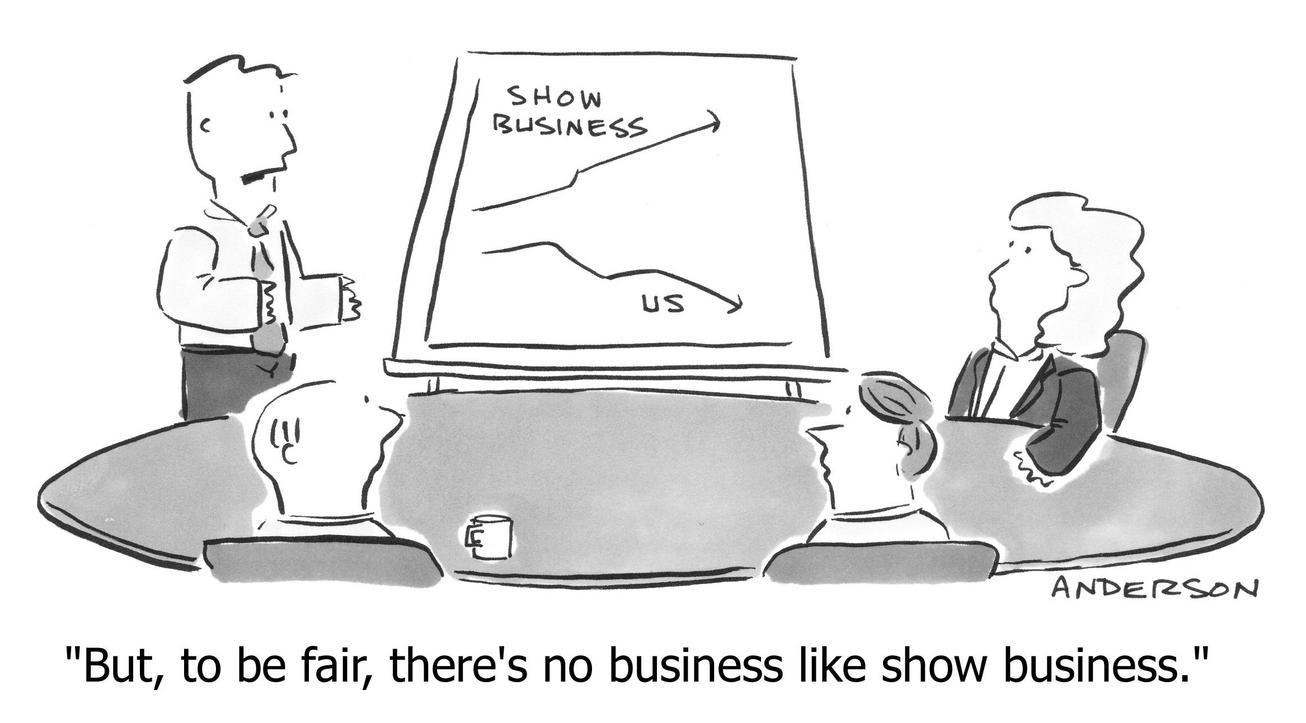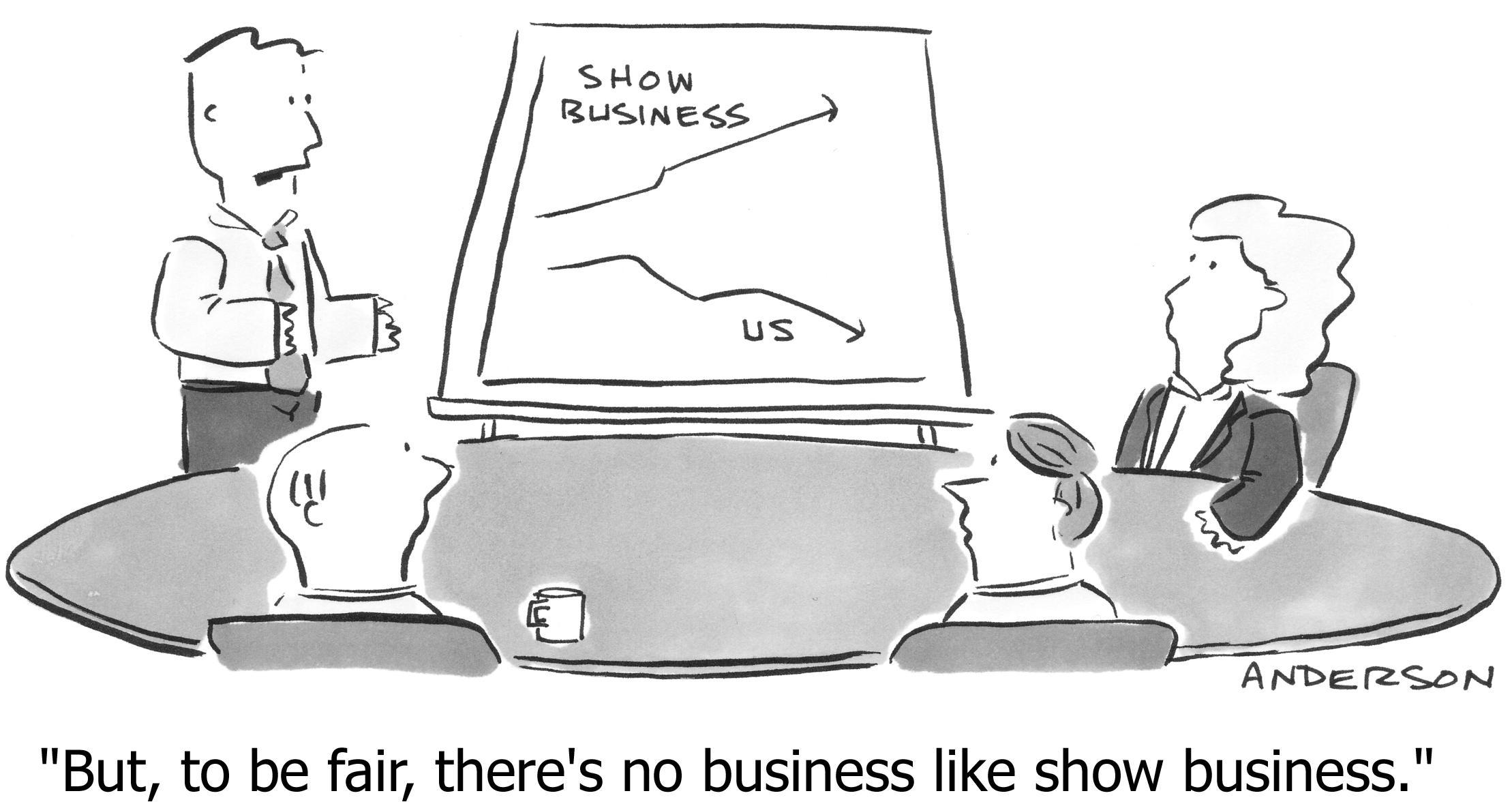The wrongness of relativism
Instagram had 13 employees when they sold for a billion dollars. Was there any startup founder who didn’t feel depressed when that happened?
Yes, depressed. All those years of toil and sacrifice, the pain of scaling a complex organization and a complex product, scratching and clawing for revenue growth month after month, and you’ll never have that sort of exit, and 26-year-old Kevin Systrom did it in only 2 years, with 13 buddies, with $0 in revenue, never having had to worry about how to make money or gross margins or hiring at scale or making sales calls or running out of money.
“It’s not fair,” we all said to ourselves.
That was before WhatsApp sold for 19 billion dollars, with 55 employees. That’s $345,000,000 per employee, compared to Instagram’s paltry $77,000,000 per employee. So much better than those chumps at Instagram! Well, at least they had to toil for four years instead of two. Still…
Now1 Slack has been valued at over a billion dollars, less than a year after launch, every month adding more than a million dollars of annual recurring revenue. They’re next! Another collective sigh shudders through the ranks of startup founders, as we grumble over our trifling grindstones.
1 This was written in 2014.
Oh, but don’t worry, the pundits have wasted no time perpetuating this emotional insanity back onto the founders of these very companies! As IronFire VC Eric Jackson put it 18 months later:
“Systrom has to be feeling like he totally missed this wave. Instagram likely worth $15B today minimum.” ( This was the original tweet; it’s been deleted.)
You know, Kevin, minimum. It’s your turn to be depressed, and dammit you had better take your turn!
Of course you can see through this psychosis. You mustn’t judge yourself with the yardstick of other companies, particularly not against the rarefied few who dwell in the extremities of reality.
Measuring yourself against the average or median isn’t better. Who cares whether the “average” company is P whereas you’re just Q? For every such condition, I can show you another company in an even worse condition with regard to that metric, but which is extremely successful because of other reasons. And each of you would envy each others’ strengths while ignoring your own, all the while getting increasingly depressed. Sometimes, benchmarks aren’t healthy.
The right thing to ask is: “What is the best thing I can do for my company, with the specific challenges and benefits that I have in front of me?”
It doesn’t matter whether we’re talking about valuations, growth rates, retention rates, NPS scores, early-stage uncertainty, ratio of revenue to employee, CAC, cash-burn, LTV, gross margin, or selling your company.
The question isn’t “What is the average / extreme from some other company,” but rather, “Am I happy with this metric, and if I change it at the expense of other metrics, or of innovation, or of my lifestyle, or of my happiness, is that the right trade for me, for the company, for my customers, and for my employees?”
If you can answer in the affirmative to all that, you have your answer.
If you’re not even sure how to reason in this manner, that is your next big challenge. Because, if you’re not confident in reasoning about yourself, you have no choice but to compare your worst fears (exaggerated negative) with the public façade of other people (exaggerated positive), and to the absurd extremities that are the darlings of the news media, and this is not a path to false Impostor Syndrome, not a path to finding good answers.
You’re the captain of this ship, and you’re navigating your own waters. Don’t forget it.
https://longform.asmartbear.com/relativism/
© 2007-2026 Jason Cohen
 @asmartbear
@asmartbear ePub (Kindle)
ePub (Kindle)
 Printable PDF
Printable PDF









